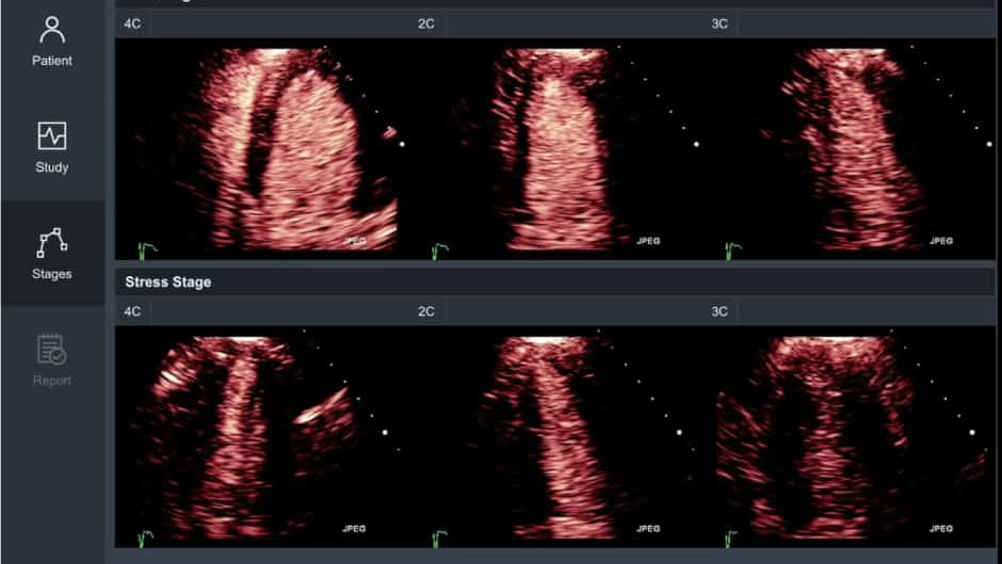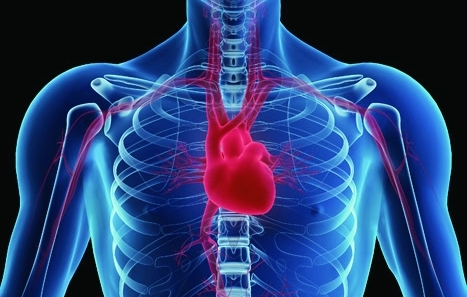Investment in artificial intelligence aims to boost diagnosis of heart disease
The use of artificial intelligence to significantly improve the accuracy of coronary heart disease diagnosis has been given a boost, after its UK developer received a £10m investment.


Ultromics, a spin-out from Oxford University, is developing AI technology that analyses echocardiograms to detect signs of coronary heart disease, and is aiming to reduce diagnostic errors by up to 75 per cent.
The technology, known as Topological Analysis, is already being trialled in six NHS hospitals, with 14 more due to join the trial later this year, according to Ross Upton, CEO and co-founder of Ultromics, alongside Paul Leeson, Professor of Cardiovascular Medicine at Oxford University.
Heart disease affects almost half of people over the age of 40, making it the world’s biggest killer.
To diagnose the disease, cardiologists typically assess images created by echocardiograms, but even the best centres are only correct around 80 per cent of the time. This means many patients are sent for unnecessary surgery, while others with potentially fatal coronary heart disease go undiagnosed.
The AI technology has been trained on a huge database of patient records held at Oxford, in order to spot signs of the disease, and detect where clinical mistakes were made, said Upton.
Register now to continue reading
Thanks for visiting The Engineer. You’ve now reached your monthly limit of news stories. Register for free to unlock unlimited access to all of our news coverage, as well as premium content including opinion, in-depth features and special reports.
Benefits of registering
-
In-depth insights and coverage of key emerging trends
-
Unrestricted access to special reports throughout the year
-
Daily technology news delivered straight to your inbox










Pipebots Transforming Water Pipe Leak Detection and Repair
Fantastic application.